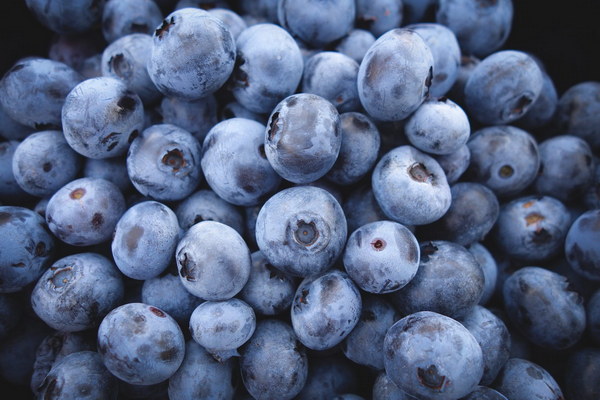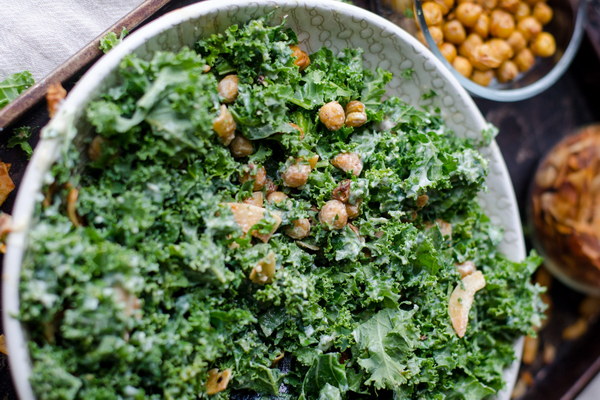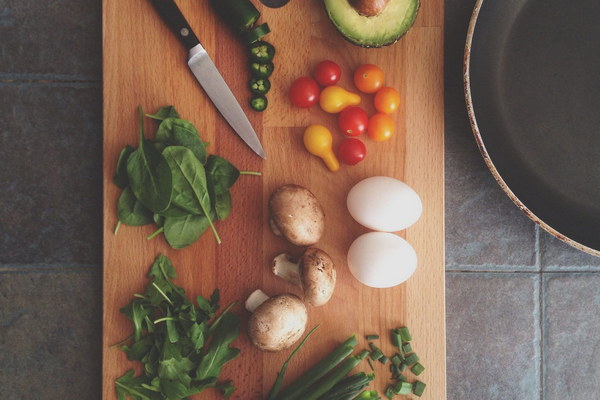Reviving Liver and Kidney Function A Comprehensive Guide to Nurturing Health After Liver Distension Damage
Introduction:

Liver distension damage can be a result of various factors, including viral infections, alcohol abuse, or other medical conditions. This condition not only affects the liver but also puts a strain on the kidneys. In this article, we will discuss the importance of nurturing both organs and provide a comprehensive guide to maintaining liver and kidney health after liver distension damage.
1. Understanding the Impact of Liver Distension Damage:
Liver distension refers to an enlargement of the liver, which can be a consequence of liver inflammation, congestion, or other underlying conditions. When the liver is damaged, it can lead to a range of complications, including liver cirrhosis, liver failure, and kidney damage.
2. The Importance of Liver and Kidney Function:
The liver and kidneys play crucial roles in maintaining overall health. The liver is responsible for filtering blood, detoxifying harmful substances, and producing bile to aid in digestion. On the other hand, the kidneys filter waste products from the blood and regulate fluid balance in the body.
3. Nutritional Approaches for Nurturing Liver and Kidney Health:
a. Balanced Diet: A well-balanced diet rich in fruits, vegetables, whole grains, lean proteins, and healthy fats is essential for liver and kidney health. Incorporate foods like leafy greens, cruciferous vegetables, nuts, seeds, and lean proteins to provide essential nutrients and antioxidants.
b. Limiting Alcohol and Avoiding Toxins: Alcohol abuse is a significant contributor to liver damage. It is crucial to limit alcohol intake and avoid exposure to other harmful toxins, such as tobacco smoke and certain medications.
c. Adequate Hydration: Staying hydrated is vital for both the liver and kidneys. Drinking plenty of water helps in flushing out toxins and maintaining kidney function. Aim for at least 8-10 glasses of water per day.
4. Lifestyle Modifications for Liver and Kidney Health:
a. Regular Exercise: Engaging in regular physical activity can improve overall health and help in maintaining liver and kidney function. Exercise increases blood flow, promotes weight management, and enhances the body's natural detoxification processes.
b. Stress Management: Chronic stress can negatively impact both the liver and kidneys. Incorporate stress-reducing techniques such as meditation, yoga, or deep breathing exercises into your daily routine.
c. Regular Check-ups: Regular medical check-ups are essential for monitoring liver and kidney function. Your healthcare provider can assess your condition and recommend appropriate treatments or interventions.
5. Supplements for Liver and Kidney Support:
a. Milk Thistle: This herbal supplement contains silymarin, a compound that has been shown to protect liver cells and support liver function.
b. N-acetylcysteine (NAC): NAC is an amino acid that can help replenish liver antioxidants and support liver detoxification.
c. Vitamin B12 and Folic Acid: These vitamins play a crucial role in maintaining liver health and can be beneficial for individuals with liver damage.
Conclusion:
Nurturing liver and kidney function after liver distension damage requires a multi-faceted approach. By adopting a balanced diet, limiting alcohol and toxins, staying hydrated, engaging in regular exercise, managing stress, and considering appropriate supplements, individuals can improve their chances of recovery and maintain overall health. Remember to consult with a healthcare professional for personalized advice and treatment options.









